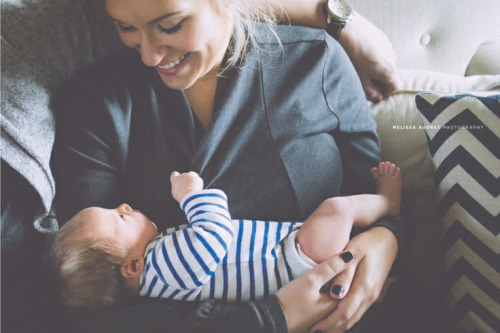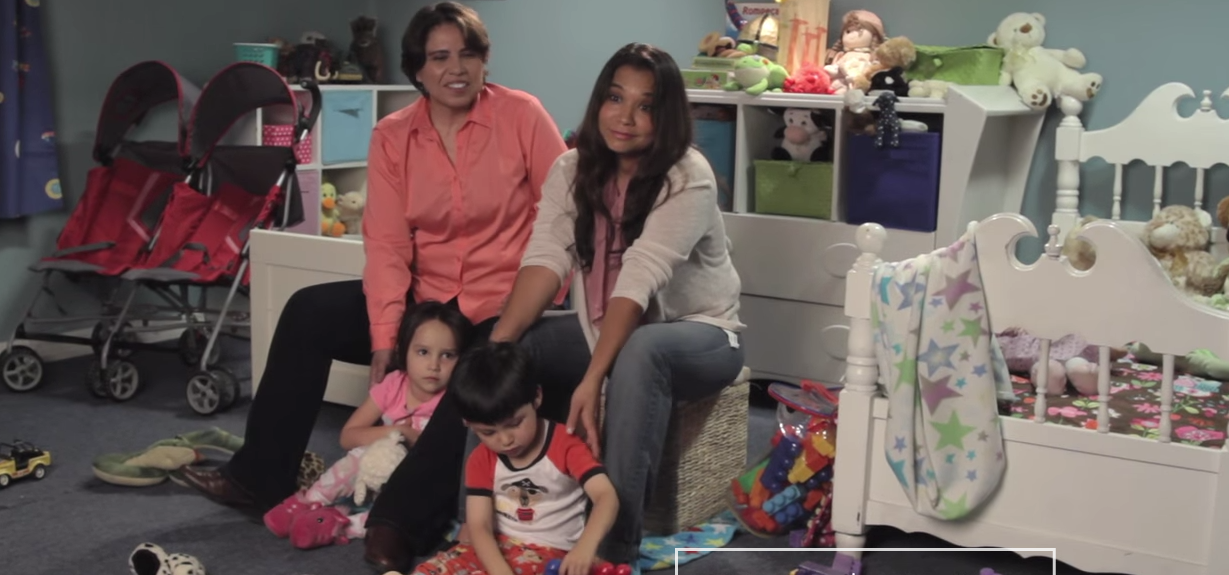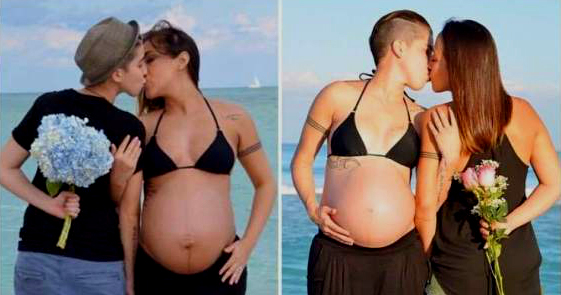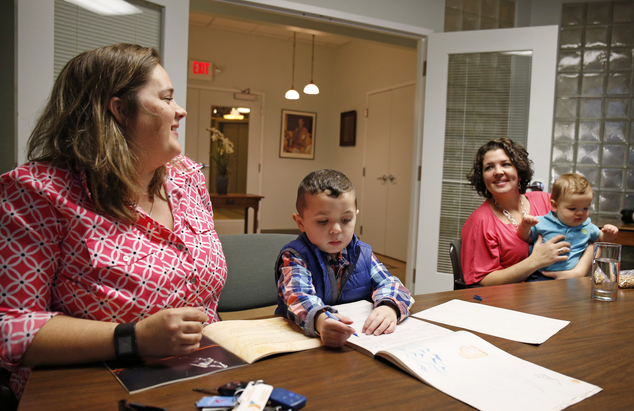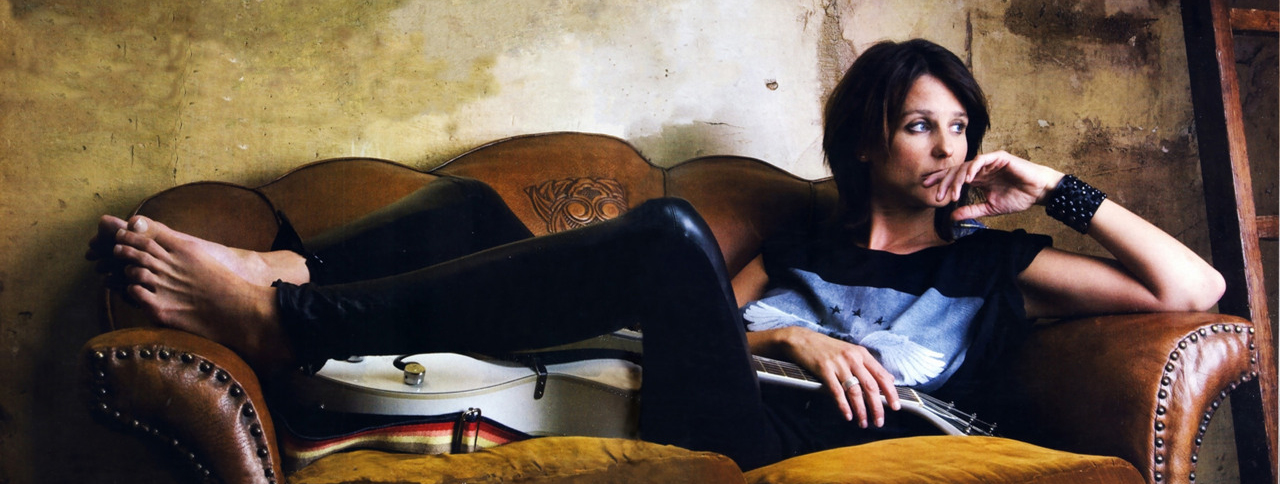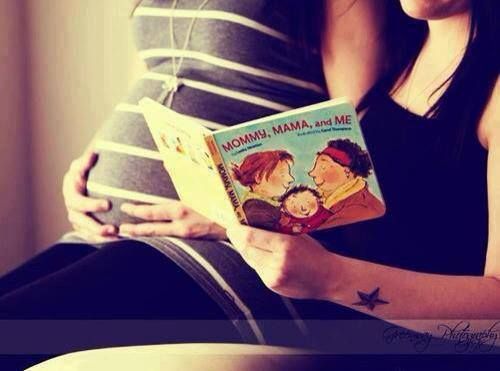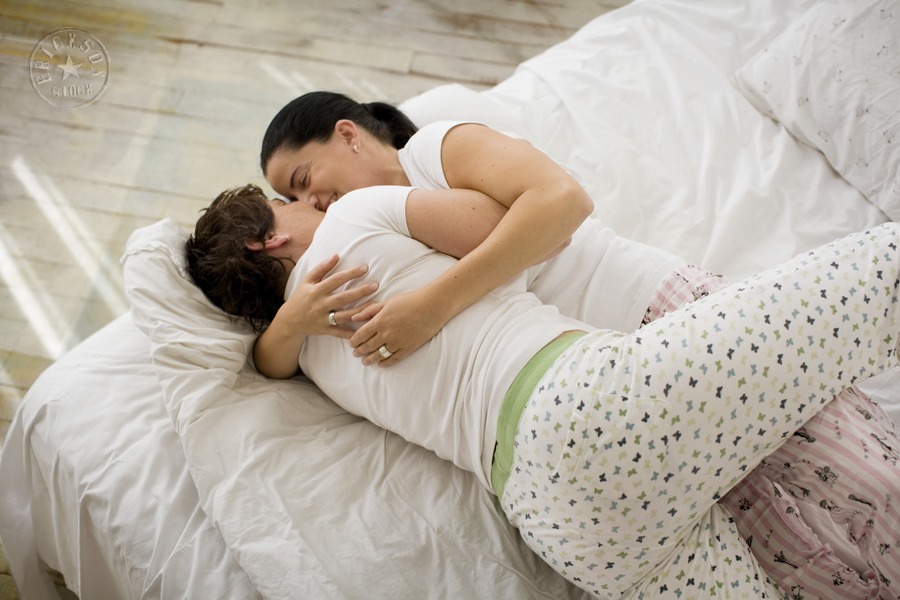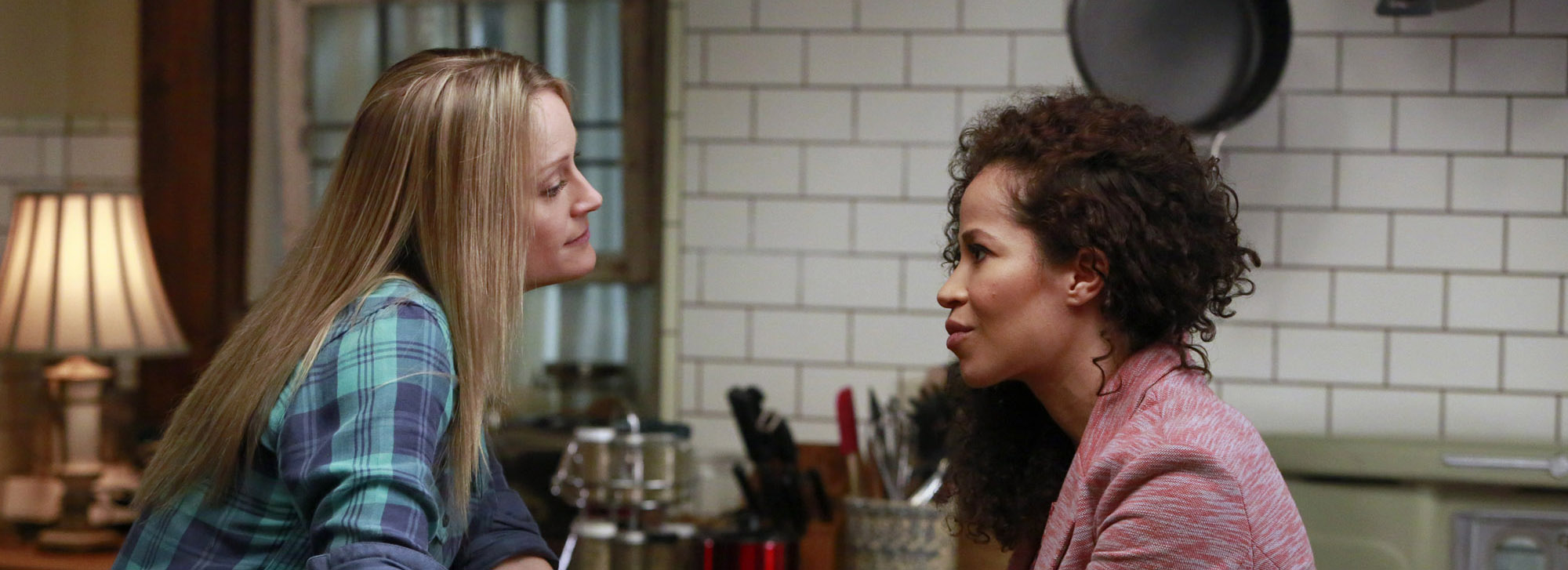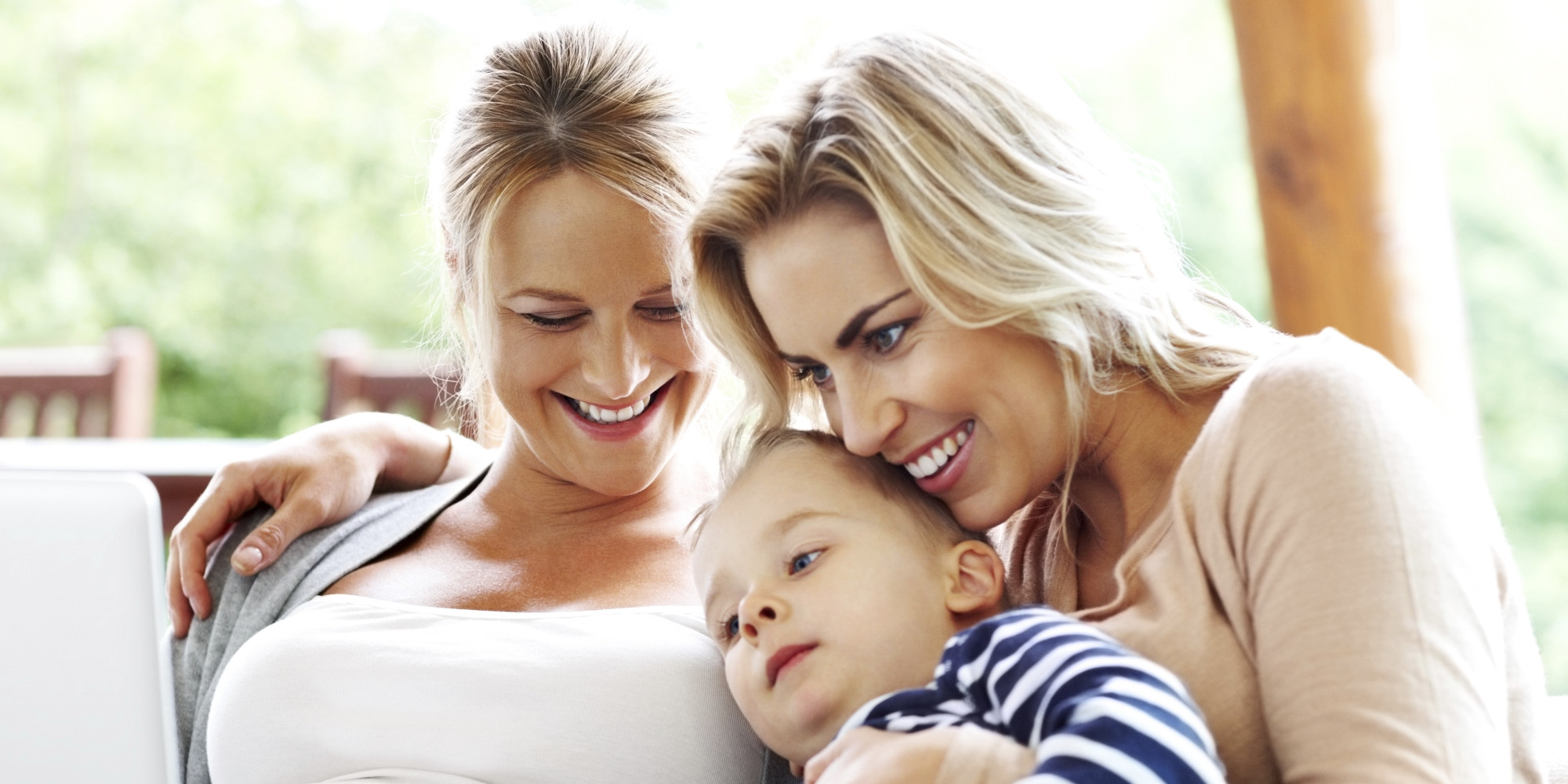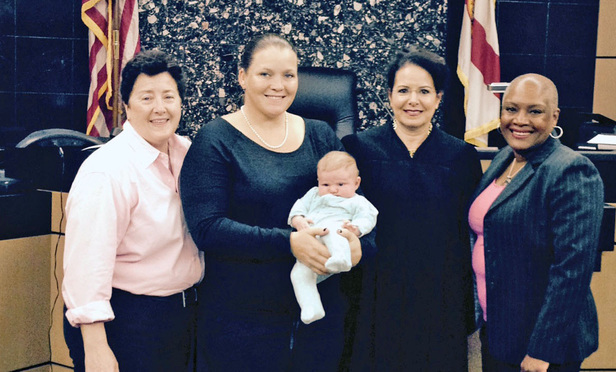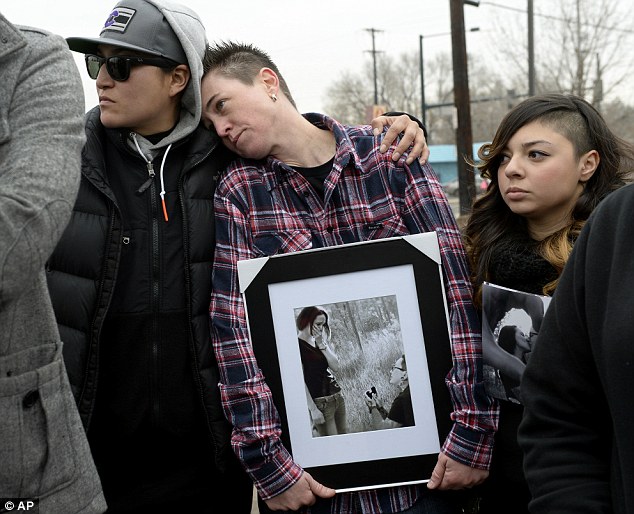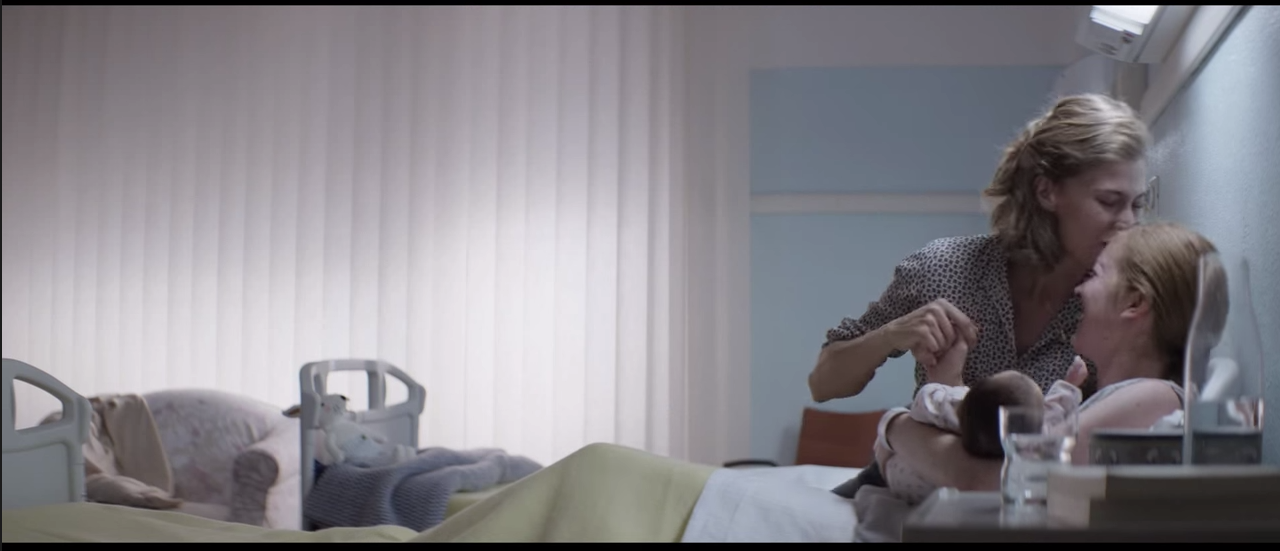Lesbian couple from Greysteel in County Londonderry, have spoken of how they were left feeling “embarrassed”, after visiting an NHS clinic, and being told they were ineligible for treatment.
The couple – Sarah Murphy and Jenny Doherty – says they then decided to visit a private facility, in order for the procedure to be legal.
In the UK, for a couple to have both names on birth certificate, they must use a fertility clinic, and not do the procedure on their own.
Speaking the BBC, Sarah Murphy explained;
That was one of the main reasons why we chose to go through a clinic and not to do it ourselves. As we aren’t in a same sex marriage or in a civil partnership, Jenny’s name will now be on the baby’s birth certificate as the legal parent.”
Murphy said they were concerned that if they had taken matters into their own hands, a lengthy court battle could have ensued.
The couple went to the private clinic after attending the Western Health Trust and regional fertility centre.
The health service weren’t very helpful to be honest.”
The Trust told the BBC that it does not comment on individual cases, but that anyone concerned about their treatment should get in contact.
After the ordeal, Murphy said those in same-sex relationships should find it easier to access these services, and called for “better knowledge”among doctors.
Even if you could be told – ‘We can offer you this or we can’t offer you that’ – that would be a massive help, instead of walking out with more questions than you walk in. I think from the moment we walked in the door, we were almost dismissed.
We felt embarrassed for wanting something that every other human in the world wants.”
The couple say they don’t regret paying out around £6,000 for the private clinic, and that their parents are excited to become grandparents.
We were treated as a couple who wanted to have a baby, just the same as every other couple who were there. It has been expensive, and without loans and credit cards and help from my parents we wouldn’t have been able to afford it.
It has been priceless and we would do it again in a heartbeat, but at the same time we wish we didn’t have to spend that much.”
[interaction id=”5624d46847771a9960fe4a18″]
